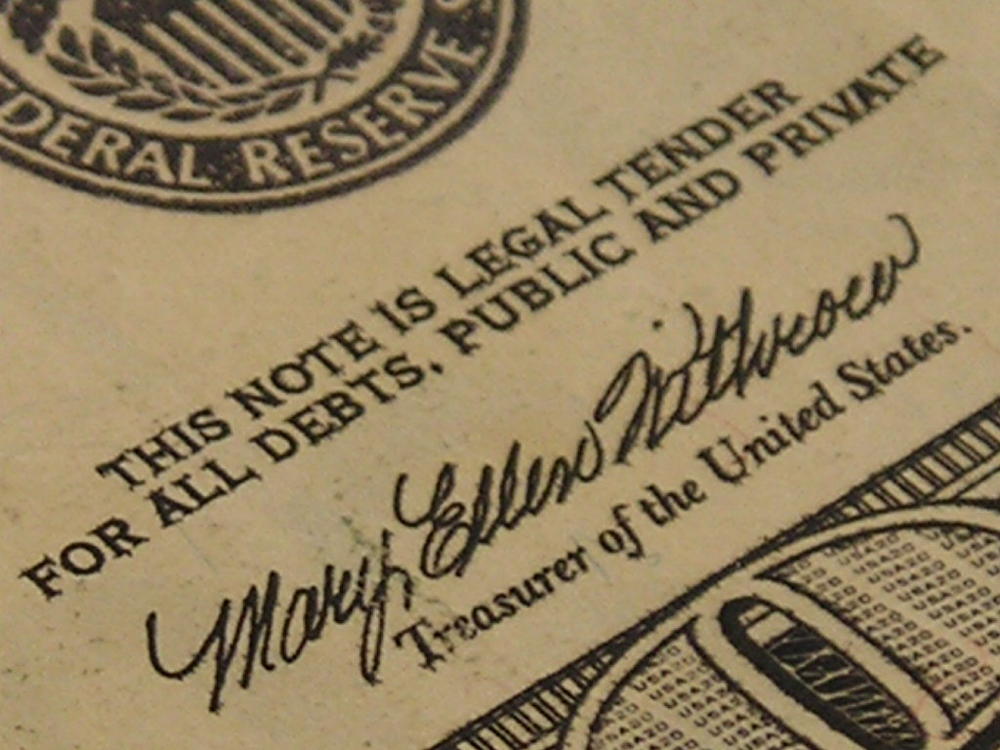
After recent high-profile security breaches at major retail stores like Target, Neiman Marcus and Michael’s, millions of consumers are left wondering if they should return to using cash instead of credit and debit cards, as well as other cash-free customer payment systems. But, in an increasingly technology-driven society, will security threats make cash king? Not necessarily.
Some credit card companies are switching from credit and debit cards that use a magnetic strip to cards with embedded computer chips to provide an extra layer of security during point-of-sale transactions, but that only covers traditional brick-and-mortar stores and not online retailers where a vast majority of purchases are now being made.
For retailers, this means updating their systems to support the new cards, which means replacing machines and the software that supports them. The necessity of having to enter a pin when consumers use their cards means added security, as well as a little extra wait time at the register for every transaction.
To sidestep these issues, some retailers are moving toward cloud-based point-of-sale systems and away from cards and cash completely. This allows them to solve the problem of needing to invest time and money in an ever-changing marketplace.
According to CNBC, more than half of U.S. small businesses only accept cash, partly to avoid credit card processing fees that eat up a large portion of sometimes very narrow profit margins on small transactions. But is that a mistake?
With consumers used to being able to pay with credit and debit cards, some are turned off by having to use cash, which they may not even carry at all. Not only that, but consumers may not want to carry the amount of cash necessary to make large purchases, which is good for their budgets but bad for retailers’ bottom lines.
And there is still a cost associated with using cash, namely the time it takes to go to the bank and withdraw money and possible ATM transaction fees. Also, consumers can’t use cash to make online purchases, and they could end up losing it by accident.
So, instead of simply vowing to adopt a cash-only philosophy, it’s important to consider that threats to personal and financial data will always exist. What needs to change is how consumers address these threats.
Consumers should start by continuing to monitor bank and credit card statements vigilantly to become aware of any potential problems early. And they should be careful not to use debit card online, as that would provide a thief direct access to funds. As always, consumers should remain cautious when their personal and financial data is at stake, but they shouldn’t go as far as completely changing the way they live their lives.
Image courtesy of MorgueFile: http://mrg.bz/rkzqGB



